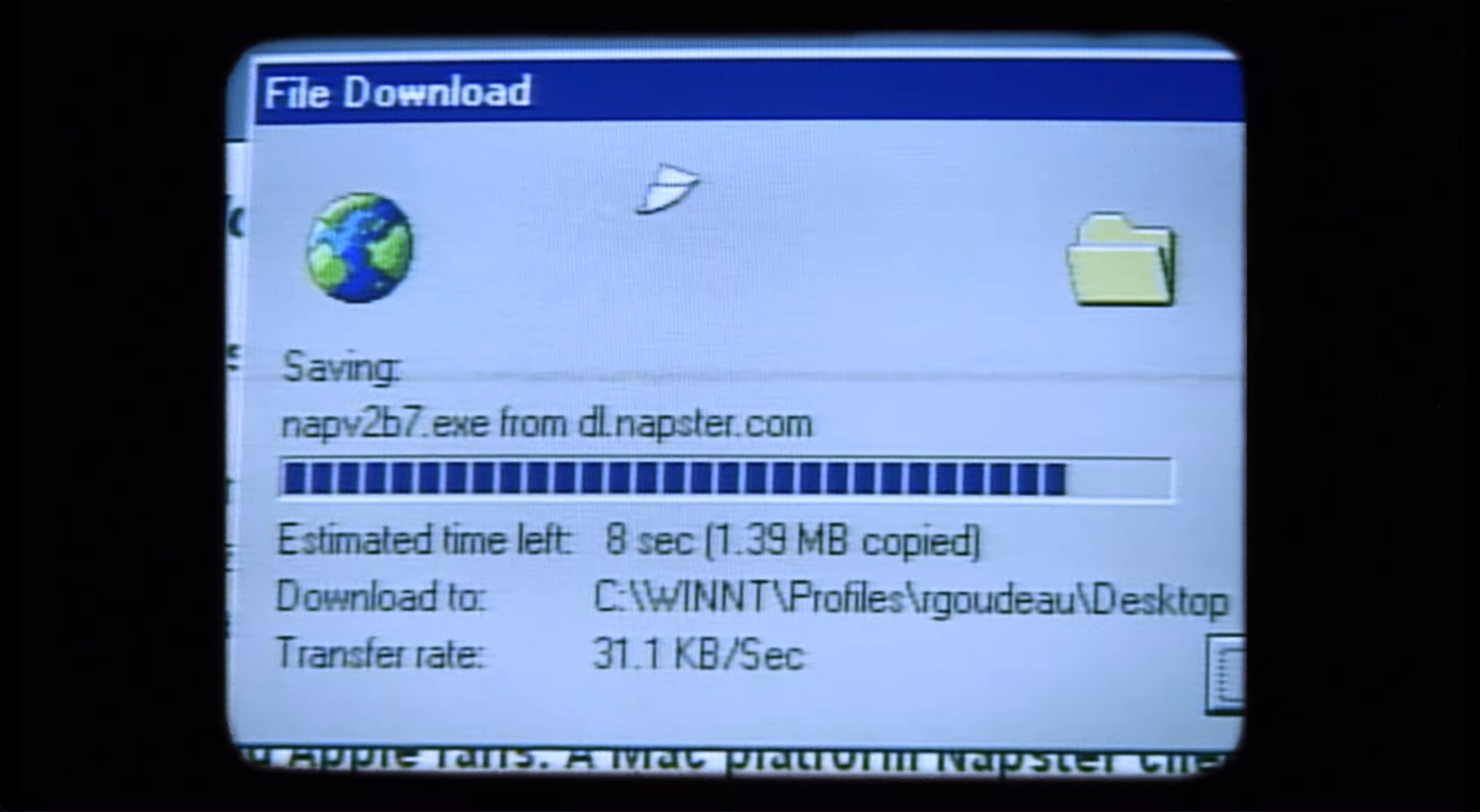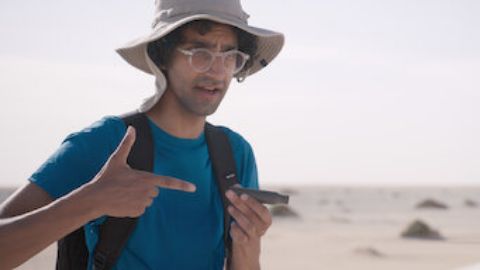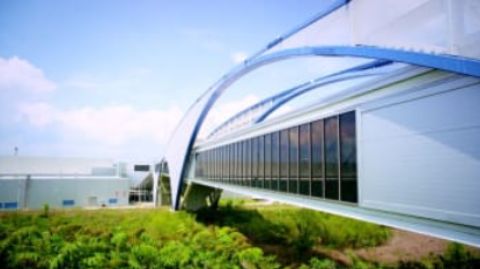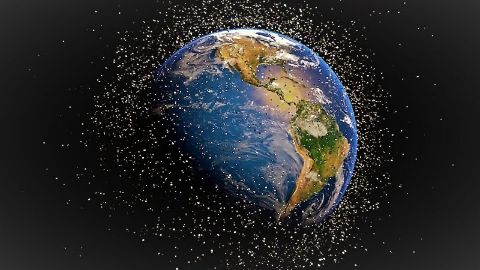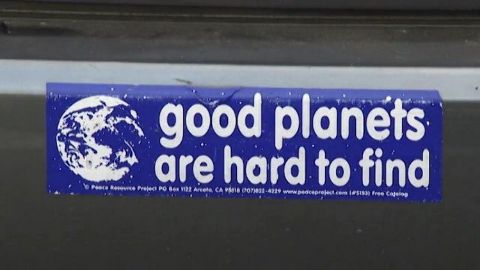Twitter: Breaking the Bird • 2025
The inside story of the tech entrepreneurs who created the social media app Twitter. At first the site grew on the back of celebrities who realised it offered them a direct way to communicate with fans. After going global, it seemed to be fulfilling the founders' dream of a digital utopia where all voices would be heard. But as hate speech and misinformation flooded the platform, the founders faced growing problems to control it - and the sale to Elon Musk in 2022 represented the end of their dream.
Make a donation
Buy a brother a hot coffee? Or a cold beer?
Hope you're finding these documentaries fascinating and eye-opening. It's just me, working hard behind the scenes to bring you this enriching content.
Running and maintaining a website like this takes time and resources. That's why I'm reaching out to you. If you appreciate what I do and would like to support my efforts, would you consider "buying me a coffee"?
Donation addresses
BTC: bc1q8ldskxh4x9qnddhcrgcun8rtvddeldm2a07r2v
ETH: 0x5CCAAA1afc5c5D814129d99277dDb5A979672116
With your donation through , you can show your appreciation and help me keep this project going. Every contribution, no matter how small, makes a significant impact. It goes directly towards covering server costs.
